This is the time of your life when you’ll grow in ways you can’t even imagine. Princeton aspires to be a truly diverse community in which individuals of every gender, race, ethnicity, religion, sexual orientation and socioeconomic status can flourish.
Our Commitment
Whether in the classroom, dining hall or residential college, you will bring the entirety of yourself, your background and your experience to every interaction. This is the time of your life when you’ll also grow in ways you can’t even imagine. While you value where you came from, your academic and social experience will take you someplace you have never been — intellectually, emotionally and physically. Living and learning in a rich cultural environment will transform your life, as well as the lives of everyone you meet.
At Princeton, we work hard to ensure that our community is diverse and intellectually stimulating. Differences in race, ethnicity, socioeconomic status, religion, geography, gender, sexual orientation, academic and social interests, and political predilections all add to Princeton’s robust and varied student community. Karen Richardson, dean of admission and financial aid, says, “When students from different backgrounds lend their voices and talents to the academic and social fabric of the campus, every member of the community benefits. It’s what makes Princeton the dynamic, intellectual learning space that it is.”
Wherever you go on our campus, you will find others who share your values, heritage and interests, as well as many who, refreshingly, don't. "Princeton University is home to a diverse community of scholars and students who hail from a dazzling variety of backgrounds. The perspectives that all of us bring to campus enrich the University in myriad ways, smashing old stereotypes, provoking new visions of what our world can be, and creating a campus life that is vibrant, colorful and inclusive," says Princeton University President Christopher L. Eisgruber.
Learn more about our commitment to diversity and the key initiatives and resources that will help to build support and enrich our campus community.
- Dean of Admission and Financial Aid, Karen Richardson '93
Campus Resources & Centers
AccessAbility Center
The AccessAbility Center is a student gathering space on campus designed for universal access and intended to foster conversation about ability, access and difference. The mission of the AccessAbility Center is to provide opportunities for students to actively explore differing abilities, envision disability as part of diversity, and understand how difference can enrich the educational experience and lives of those in our campus community.
Learn More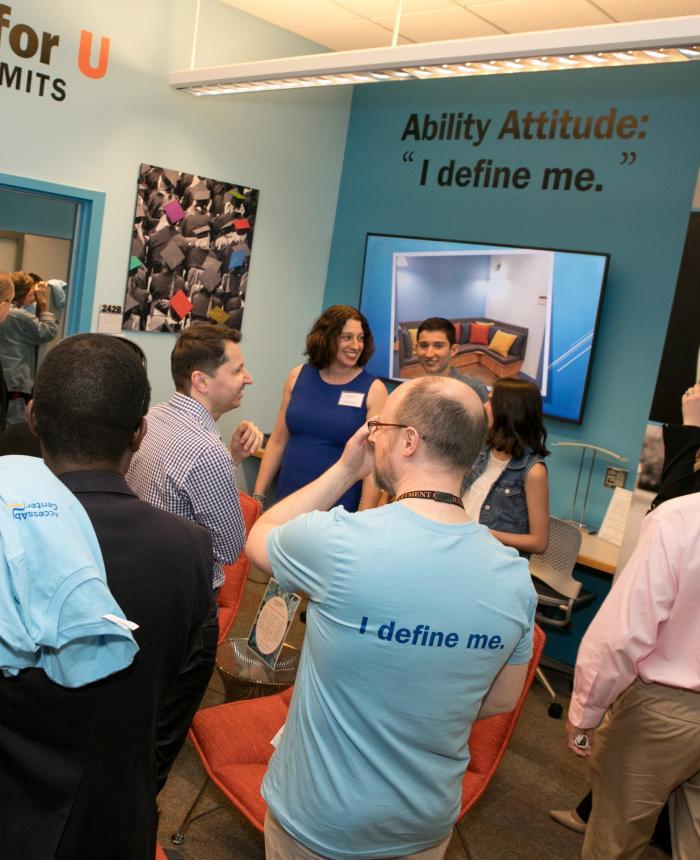
Carl A. Fields Center for Equality + Cultural Understanding
At the Fields Center, diverse perspectives and experiences of race, class, gender and their intersections are supported and challenged, questioned and answered. These values are cultivated through the celebration of heritage months, dialogues and discussions, the Princeton University Mentoring Program (PUMP) and the Carl Fields Fellows peer educator program. Additionally, the Center’s student-friendly space offers numerous opportunities for relaxation and engagement — comfy lounges, study breaks, movie nights, galas, festivals and more.
Learn More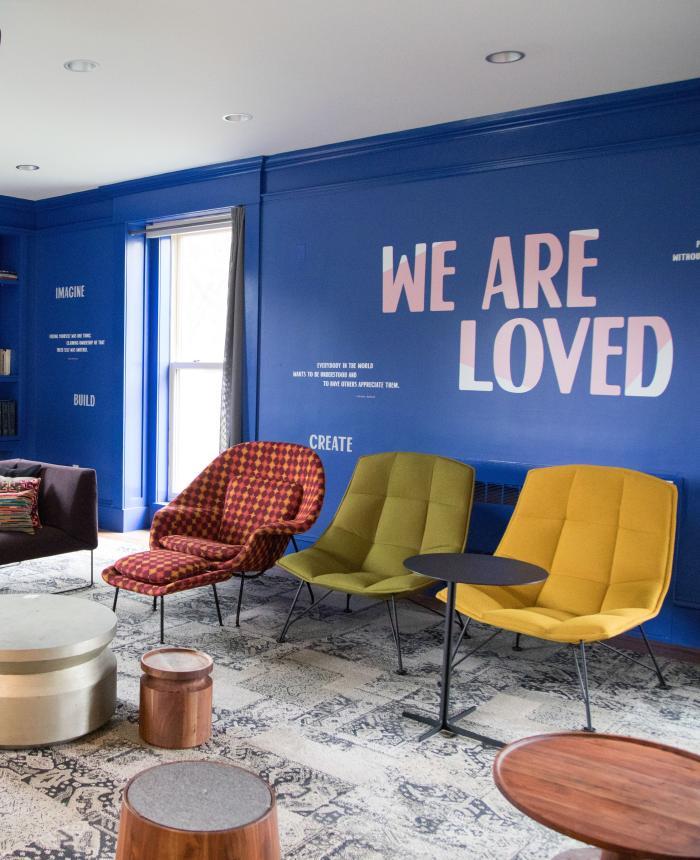
Center for Jewish Life (Princeton Hillel)
The Center for Jewish Life embraces all Jewish students, amplifying connections to Jewish meaning, experience and community. The Center aspires to provide insights and pathways to help Princeton Jewish students live their lives as a sacred gift. They hope to help every student find their own voice within the larger narrative of the Jewish people — on their own terms — at their own level, but in ways that are deeply connected to the wisdom of our ancient tradition and linked to the opportunities and challenges of today’s complex world.
Learn More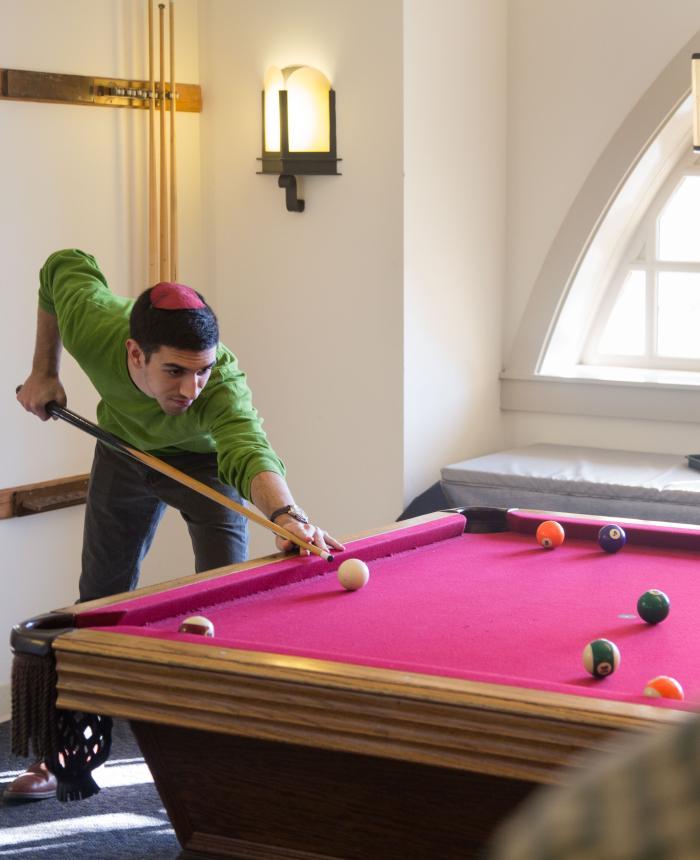
The Emma Bloomberg Center for Access and Opportunity
The Emma Bloomberg Center for Access and Opportunity advances Princeton's commitment to an inclusive student body. Its programs are designed to provide all students, including those from first-generation, low-income and underrepresented backgrounds, with the mentorship, academic enrichment and community that they need to thrive at Princeton. They also empower students to successfully navigate the University’s many resources to achieve their professional, personal and scholarly goals, and to become active leaders on campus and in the larger world.
Learn More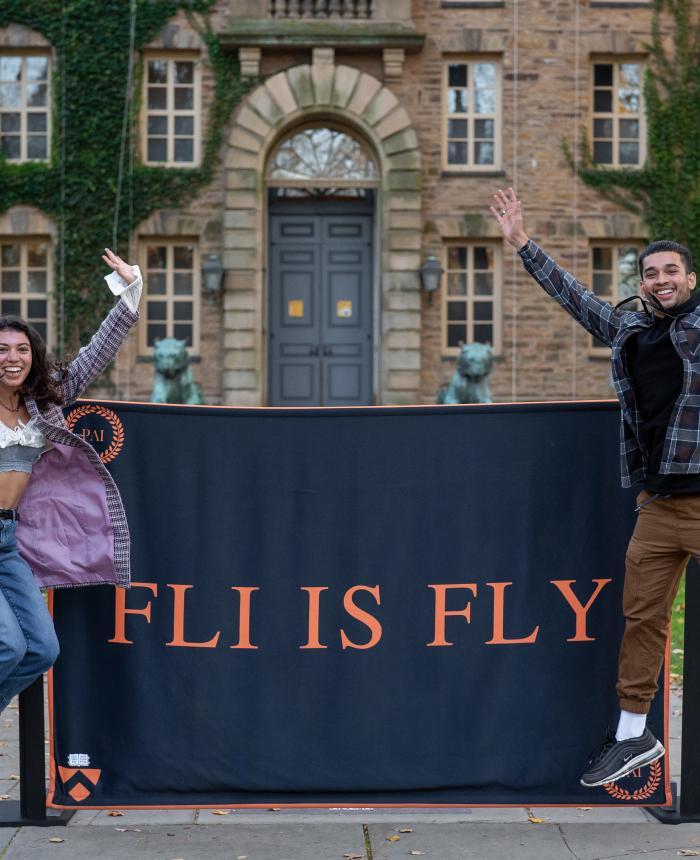
The Gender + Sexuality Resource Center
The Gender + Sexuality Resource Center aims to facilitate conversations on gender and sexuality and provide training, education and resources for the Princeton community at large with a primary focus on the student experience. Those at the center work to create a more inclusive campus for transgender, women, two-spirit, femme, lesbian, gay, bisexual, queer, intersex, asexual, pansexual and the vast expanses of the a/sexual, a/gender and a/romantic communities of Princeton. This is accomplished by providing a space that centers marginalized gendered experiences, recognizing the historical and pervasive impact of patriarchy, heterosexism, transphobia and sexualities across the identity paradigms.
Learn More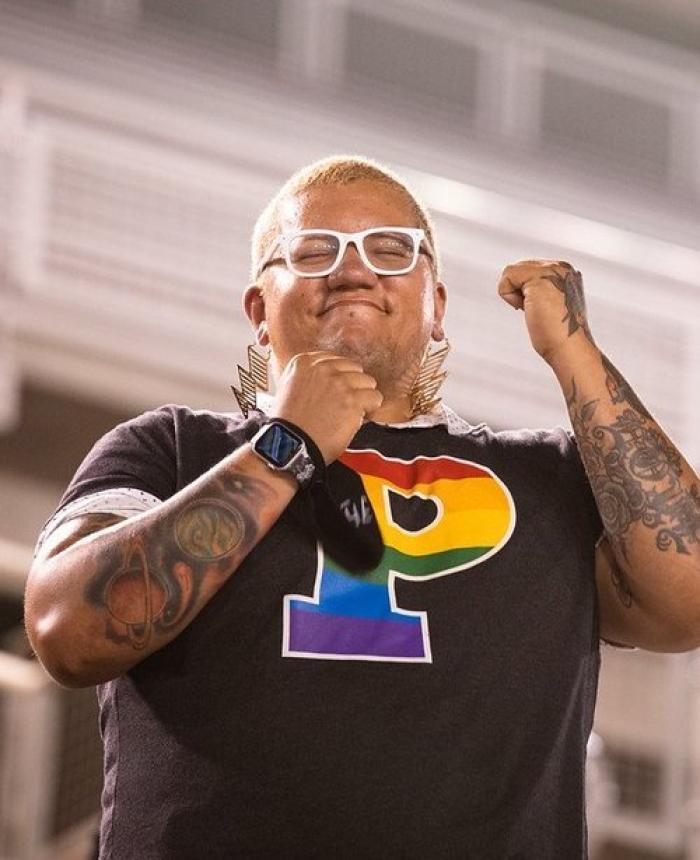
John H. Pace Jr. ‘39 Center for Civic Engagement
The Pace Center supports efforts to identify and address issues of public concern, to be actively engaged citizens and to practice effective public leadership for the purpose of building stronger communities and societies throughout the world. The center helps undergraduate and graduate students make meaningful connections through learning, experience and reflection in service and civic engagement.
Learn More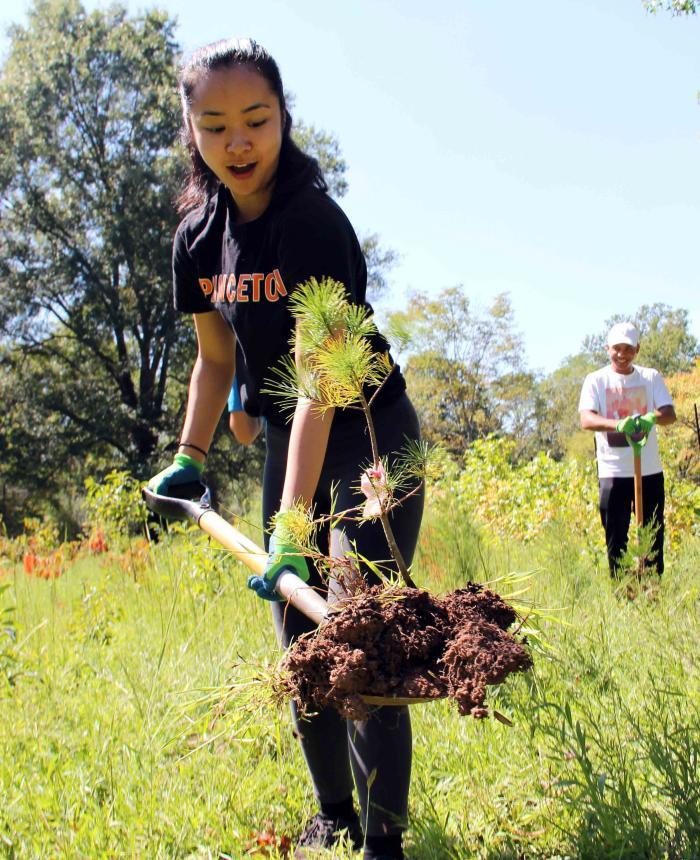
Office of Religious Life
The Office of Religious Life strives to encourage spiritual growth and maturity within Princeton University in ways that are appropriate for each community member: to promote empirical religious literacy in preparation for citizenship in globalized, multi-religious societies; to equip members of the University community with the ability to critically analyze religious traditions while practicing them; and to teach respect to practicing and nonpracticing community members.
Learn More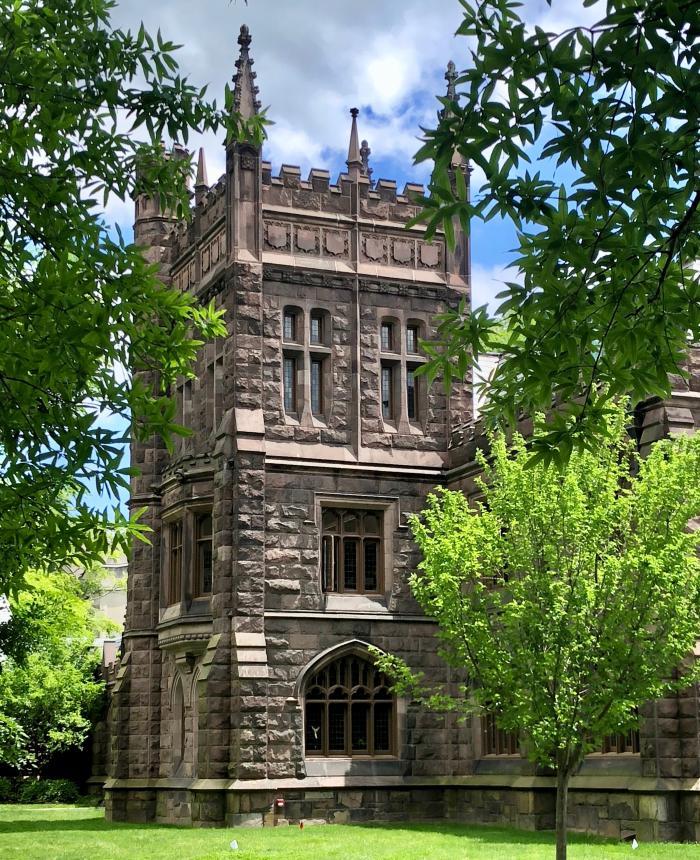
Undergraduate Student Government
Dedicated to the philosophy that students should be directly involved in the decisions that affect them, the Undergraduate Student Government (USG) serves as the primary representative and liaison of Princeton undergraduates to the faculty, administration, trustees and broader community. The USG provides a range of services to the undergraduate student body: funding individual student organization events, sponsoring campus wide social events and offering leadership training opportunities.
Learn More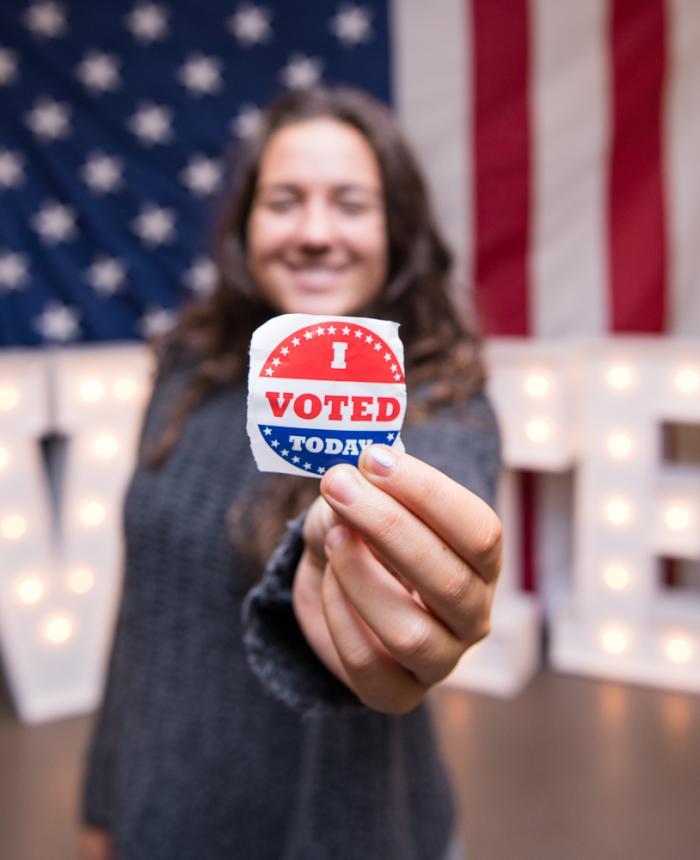
QuestBridge

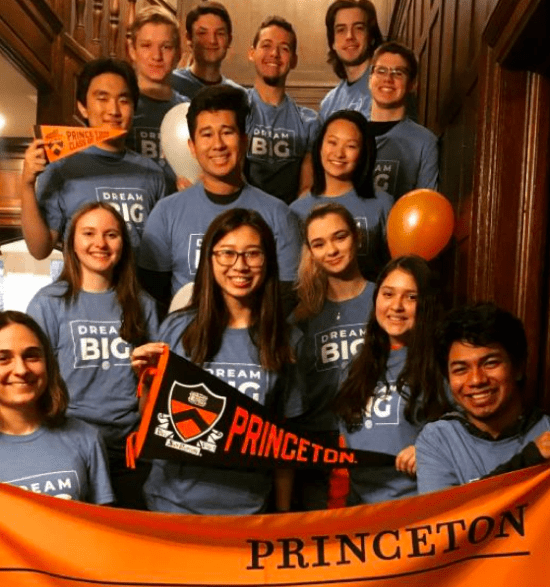

Princeton is committed to providing a top-quality education to students from a wide range of socioeconomic backgrounds. Since 2006, our partnership with QuestBridge allows us to reaffirm that mission and assist students who may have not previously considered Princeton as an option for an affordable education.
Learn MoreStatement of Values
Diversity and inclusion are central to Princeton's educational mission and its desire to serve society. Throughout the University, members of the Princeton community have a deep commitment to being inclusive.
Learn More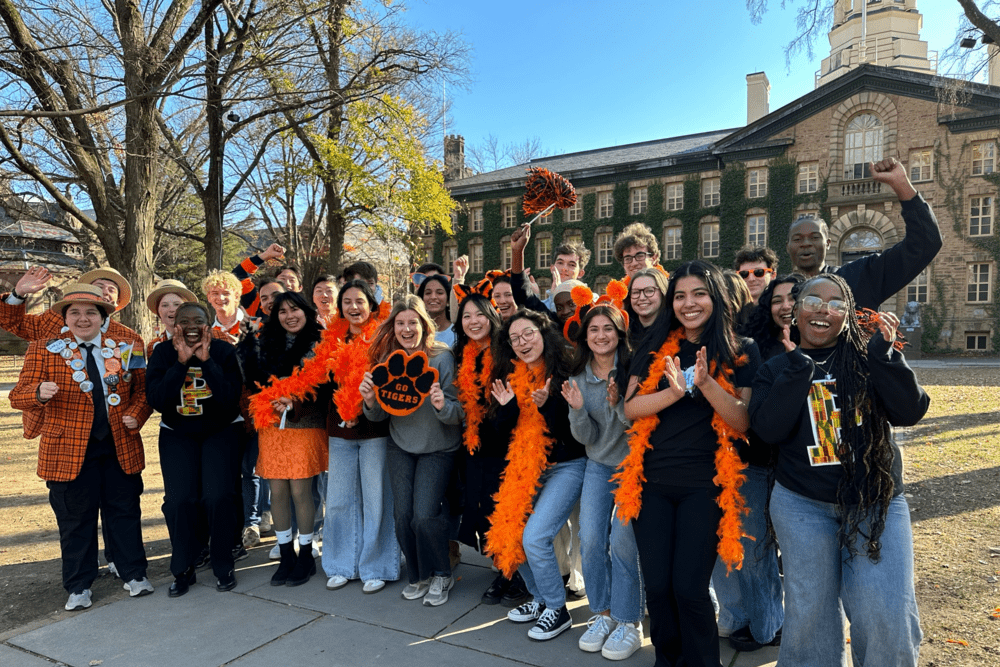
Statement of Values
Diversity and inclusion are central to Princeton's educational mission and its desire to serve society. Throughout the University, members of the Princeton community have a deep commitment to being inclusive.
Learn MoreNew & Noteworthy
Princeton Partners With UNCF and HBCUs to Expand Research and Innovation
Princeton University is partnering with United Negro College Fund (UNCF) and five historically Black colleges and universities (HBCUs) to launch a groundbreaking program designed to enable research collaborations between Princeton faculty and their peers at HBCUs.
Partnerships in Princeton’s Ongoing Commitment to Combat Systemic Racism
An innovative research partnership with the United Negro College Fund and historically Black colleges and universities, the creation of the Effron Center for the Study of America, which embraces diverse and inclusive perspectives on what it means to be American, and a new vice dean position focused on faculty diversity are among Princeton’s many recent initiatives to address systemic racism.
BLOG: “Finding your Space at Princeton: The AccessAbility Center”
Blogger Katie Daniels explains the AccessAbility Center, a student-run space designed to build community around disability through study breaks, student spotlights, and education programs hosted by the fellows.
Continuing Efforts To Build on Native American and Indigenous Studies, Initiatives
The recent arrival at Princeton of J. Kēhaulani Kauanui as the Eric and Wendy Schmidt Professor of Indigenous Studies and professor of anthropology marks a key stage in ongoing University efforts to expand Native American and Indigenous studies and initiatives.
An Expanded Focus on Disability and Accessibility
Students in Daniel Maier’s ASL 102 course are among the first cohort able to fulfill their Princeton language requirement with American Sign Language, which is now the basis of five ASL language courses at the University. Princeton also offers the class “American Deaf Culture.”
BLOG: “PUMPed About Mentorship”
Blogger Odette Perrusquia reflects on her experience as a PUMP mentor and mentee at the Carl A. Fields Center for Equality and Cultural Understanding.
Increased Spending for Undergraduate Financial Aid
The trustees of Princeton University have adopted an operating budget for the University totaling $3.1 billion for 2024-25, which includes a 7.8% increase in the undergraduate financial aid budget, to $279 million. The increase underscores Princeton’s commitment to access, affordability and socioeconomic diversity, and reflects the continued expansion of the student body.
President Eisgruber Urges Graduates To ‘Stand Boldly’ for the Ideals That Define America’s Universities
At Princeton’s 278th Commencement on Tuesday, May 27, President Christopher L. Eisgruber called on graduating students to stand up for the ideals that define Princeton and other great American colleges and universities. In his Commencement address, Eisgruber noted: “At the heart of Princeton’s undergraduate and graduate degree programs is a commitment to inculcate a fierce independence of mind.”
The Effron Center for the Study of America Announces Launch of a New Minor Program in Native American and Indigenous Studies
The culmination of years of collaboration and planning across campus, this new minor program will catalyze the energy of Princeton faculty and students interested in studying Indigenous communities’ engagements with questions of identity, governance, and self-determination across social, cultural, geographical, and political frameworks.
BLOG: Spaces for Identity, Embracing and Celebrating My Cultural Heritage on Campus
Blogger Ava Adelaja reflects on the campus spaces that foster celebration around her cultural identity.
Princeton University is committed to equal opportunity and non-discrimination. To maximize excellence, we seek talent from all segments of American society and the world, and we take steps to ensure everyone at Princeton can thrive while they are here. That is the sole rationale and purpose of our diversity and inclusion programs, all of which are voluntary and open to all, and which comply with federal and state non-discrimination laws. Princeton does not discriminate on the basis of race, sex, ethnicity, color, national origin, religion, disability, or any other protected characteristic, and Princeton does not provide special benefits or preferential treatment on the basis of a protected characteristic.






